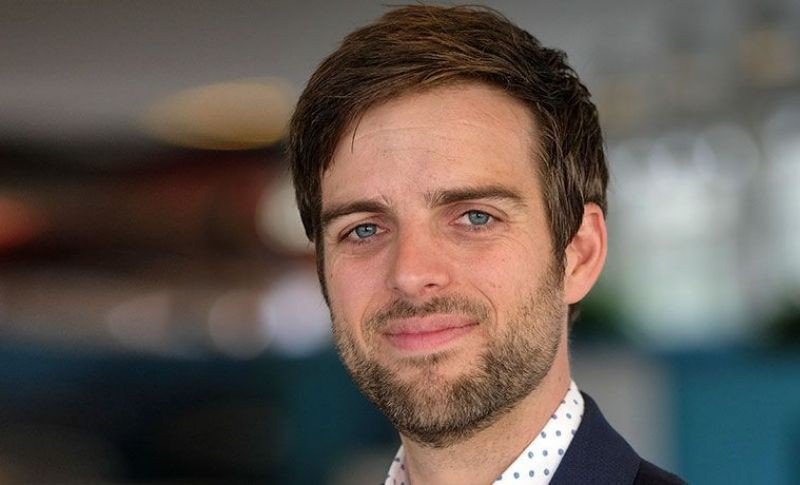Matthijs Cluitmans
Assistant Professor
Dr Matthijs Cluitmans obtained a broad training at Maastricht University by studying Knowledge Engineering (Department of Data Science and Knowledge Engineering) and Medicine (Faculty of Health, Medicine and Life Sciences). He combined this dual background in a PhD thesis studying how advanced novel imaging techniques such as electrocardiographic imaging may help to better characterise the substrate for cardiac arrhythmias. This clinical-experimental-mathematical endeavor was supervised by Prof. Paul Volders (cardiology), Prof. Ralf Peeters (mathematics) and Prof. Ronald Westra (mathematics). After his PhD, Matthijs shifted his focus from the technical aspects of electrocardiographic imaging to applying such techniques to understand the development of life-threatening ventricular arrhythmias. Following a post-doc in Maastricht (2016-2018), he visited the team of Dr Rémi Dubois at the Liryc institute in Bordeaux to perform experiments on the arrhythmogenic characteristics of repolarisation abnormalities (Feb-Nov 2018). He then worked in the lab of Dr Ruben Coronel to obtain more expertise in the field of macroscopic repolarisation abnormalities. Since May 2019, Matthijs is back in Maastricht and working in the PI team of Prof. Paul Volders. Since 2016, Matthijs also works part time at Philips Research. Matthijs obtained multiple awards (amongst which Young Investigator Awards) and grants (most notably the Dutch NWO Veni personal research grant).
As a biomedical engineer and medical doctor, Matthijs hopes to bring more insight in the mechanisms of unexplained ventricular arrhythmias which can lead to sudden cardiac death. He currently is executing an NWO Veni grant to clinically characterise, experimentally study and computationally model the mechanisms of trigger-substrate interaction leading to arrhythmias in the ventricles. He is focusing on the role of repolarisation abnormalities in that setting and also works for the clinical Vigilance study headed by Prof. Paul Volders.
Matthijs is especially interested in contributing to the personalisation of medicine, using computational models to provide insights in arrhythmia mechanisms at the level of an individual rather than at the level of a population of patients. At Maastricht University, his research focusses on the (individual) mechanistic understanding of ventricular arrhythmias. In his part time position at Philips Research, Matthijs is exploring the use of computational electrophysiology models to personalise diagnosis and therapy. The overlap between these positions promotes the transition from scientific findings to clinical application.




